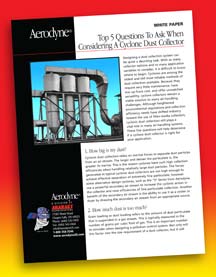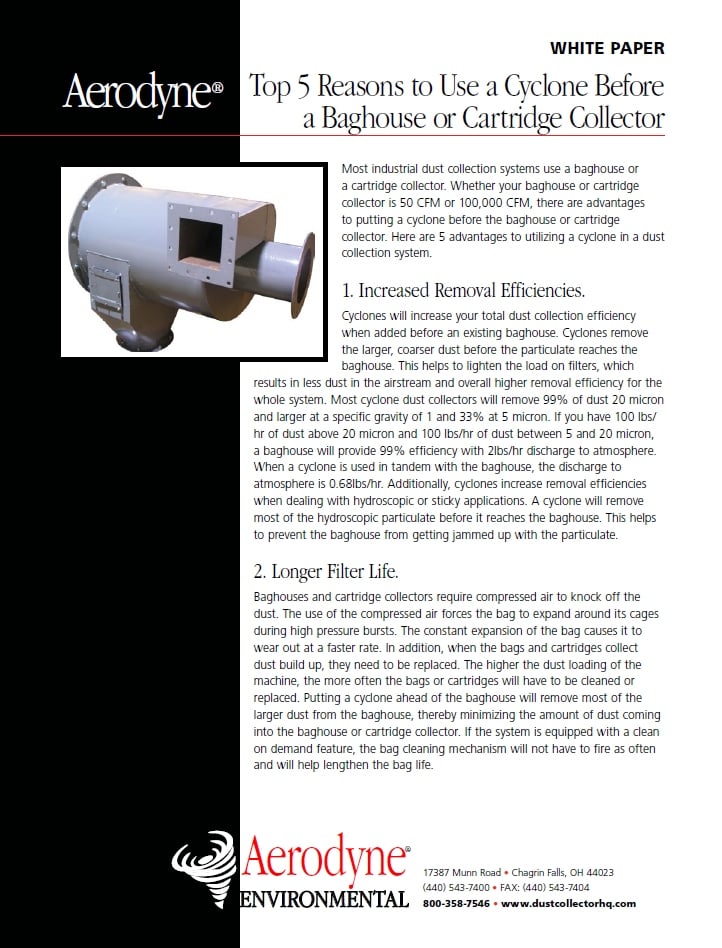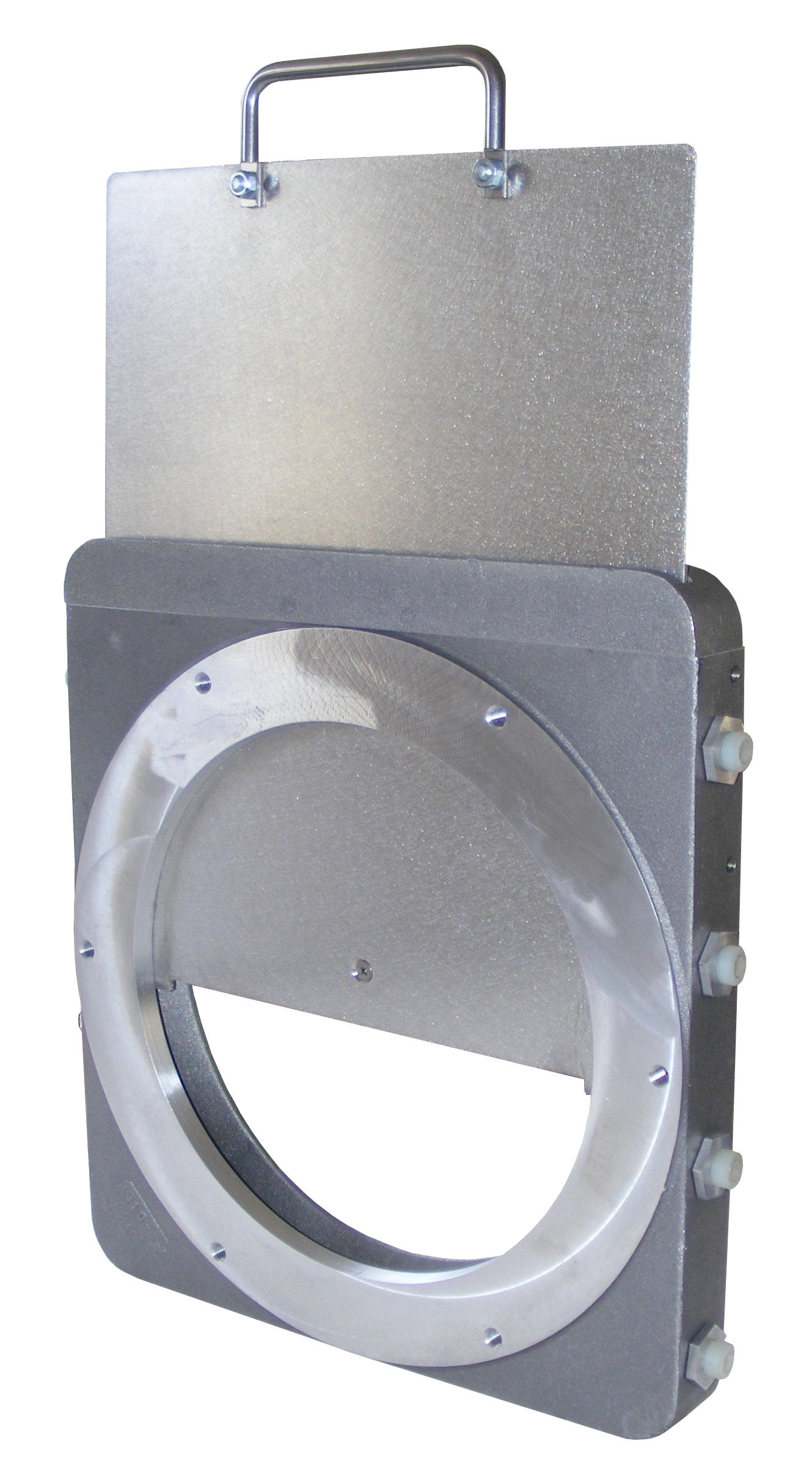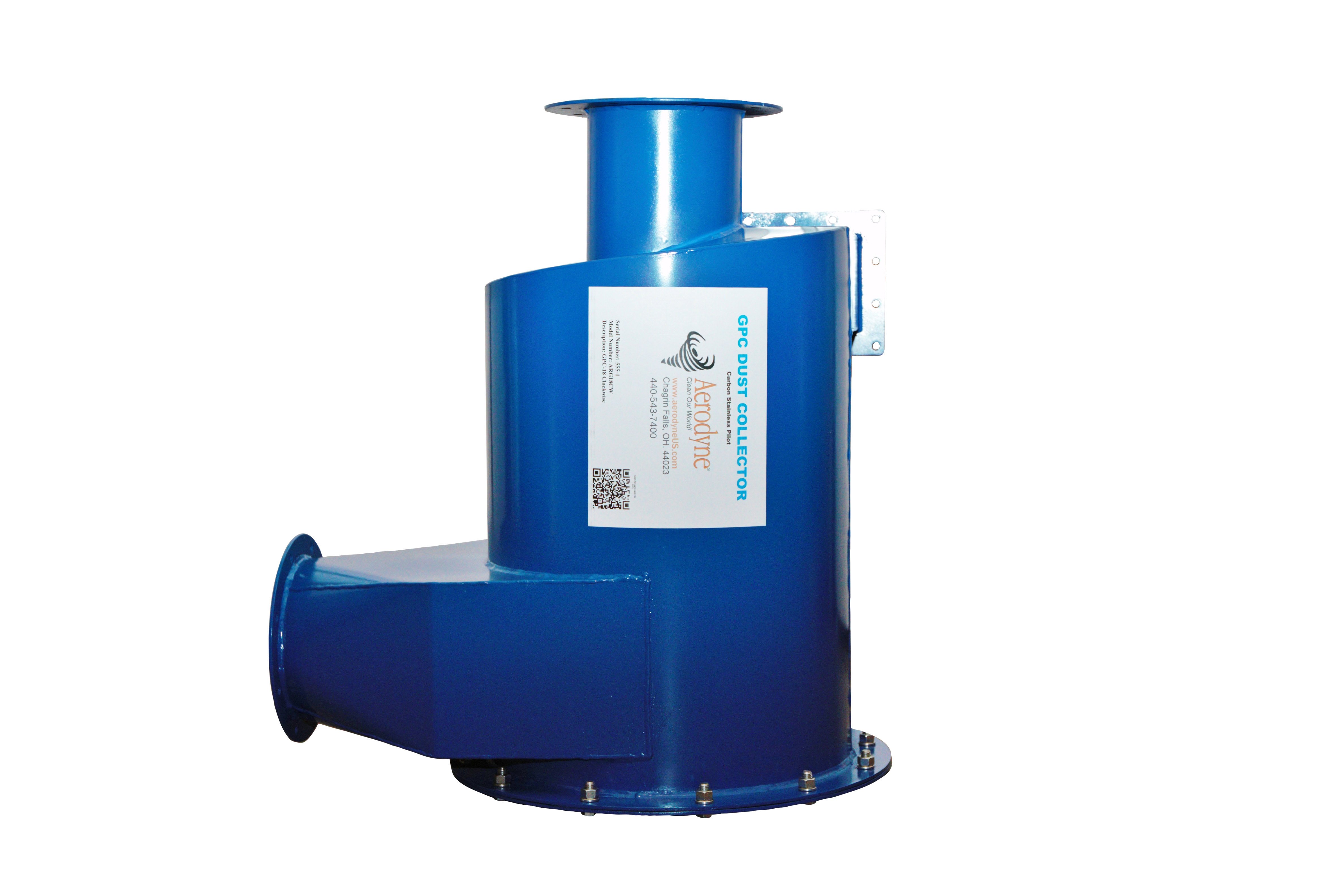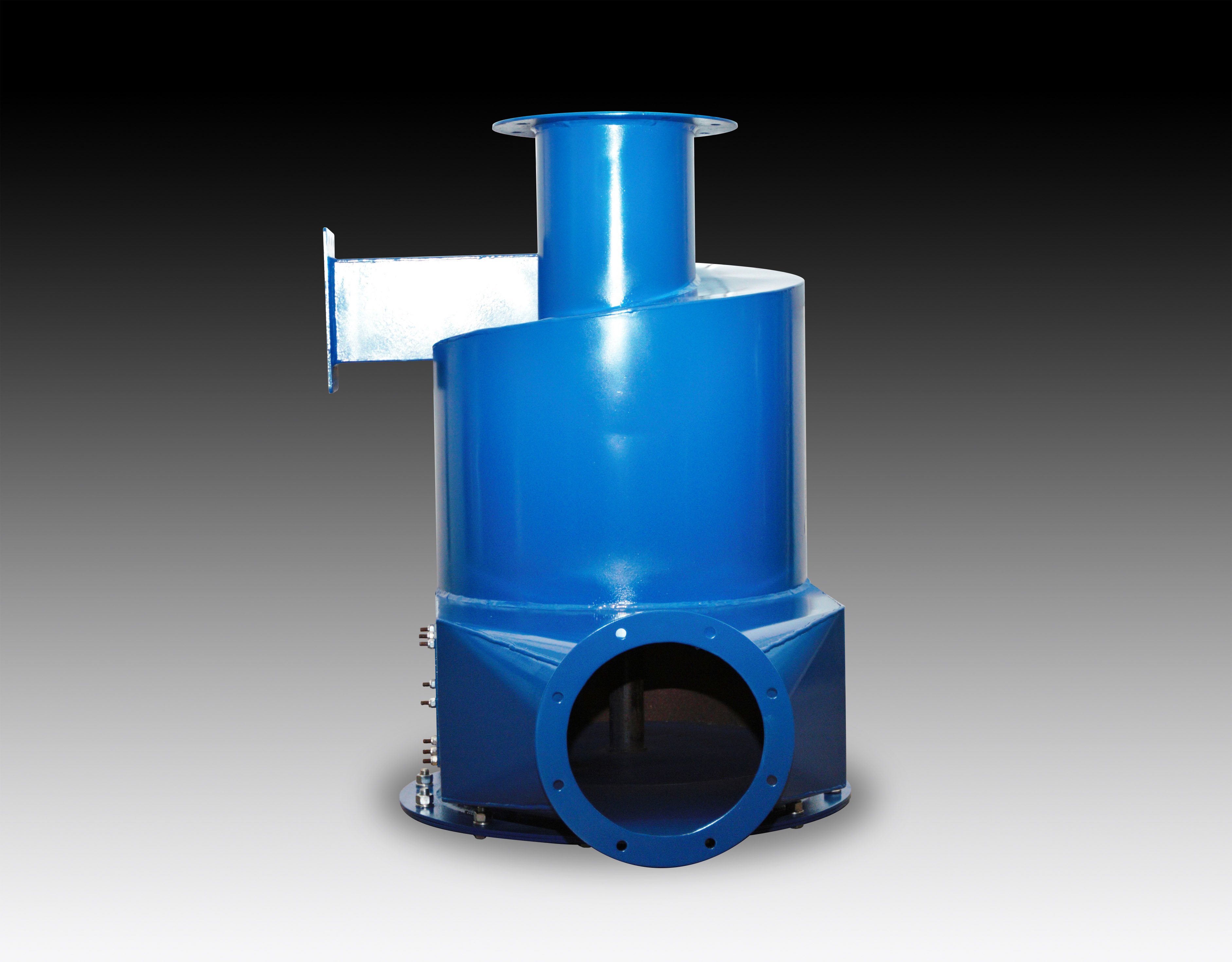Dust Collection Technology Allows for Portable Clean Up
Flow Control Valve Completes Portable Dust Collection System
Improved Industrial Dust Collection Keeps Mining Company Golden
A US facility that manufactures PVC piping was having issues with its dust collector cartridges. For the final finish on the PVC piping, the facility grinds the surface down for a smooth exterior. This process creates a lot of dust and particulate. They use 13500 SCFM (standard cubic feet per minute) of airflow from the grinding apparatus to collect the dust from the system. The dirty air gets vented to the dust collector cartridges which get clogged up within 3 to 4 days. In order to remedy this situation, they plant operators have to turn the entire system off and operate without ventilation until new dust collector cartridges are put in or until the old cartridges are cleaned. This is both a time and money wasting process. Looking for a solution to the clogged dust collector cartridges, the company reached out to Aerodyne Environmental. After analyzing the manufacturing process and the space allotted at the facility, Aerodyne suggested the company use a GPC-66 in front of the dust collector cartridge filter at the plant.
StopTight Knife Gate Valve Brings Control to Fertilizer Plant
A fertilizer distributer in CO was trying to find an easier and cleaner way to move and bag the product at its facility. After searching for a solution, the company found Aerodyne’s section of industrial dust collection valves on their website. The company contacted an Aerodyne sales person and discussed the problem they were having. After sorting out what the company was trying to accomplish, the Aerodyne salesman recommended using a manual StopTight™ Knife Gate Valve in the application. The knife gate will help control the fertilizer that leaves the hopper as it fills the bags.
Industrial Dust Control Prevents Explosions and Hazards
Industrial Dust Control is a crucial part in any manufacturing process. With just a 1/32” layer of dust, a destructive explosion can occur. Due to failures of addressing industrial dust collection issues, dust explosions occur every week in plants worldwide. Since 1980 there have been 281 industrial dust collection explosions, leaving 119 people dead.
A Dust Collection System Improves its Reclamation Process with GPC
A world manufacturer that specializes in the designing and processing of floor and ceiling tiles was looking to improve its dust collection system. The process begins with a combination of melted mineral wool and saw dust. The melted concoction is then sent to a spinning wheel which forms a fibrous material. The fiber particulate is then pulverized and pneumatically taken away. The particulate is used to make ceiling tiles.
Coffee Roaster’s Damaged Dust Collection Equipment Replaced with GPC
A coffee supplier in MN was looking to improve its dust collection equipment for its roasting process after some of its equipment was damaged in a fire. At this roaster’s facility, coffee is roasted in a rotary drum where hot air is passed over the beans. During the roasting process, the outer layer of organic material called chaff is burned off. Some of the chaff is then vented out of the roaster drum along with the hot air. Without having a pre-filter, the ESP (electrostatic precipitator) would clog up quite rapidly, requiring excessive cleaning and maintenance. Searching for a better solution, the roaster chose to install a 700 CFM GPC Dust Collector from Aerodyne.
Fibrous Dust Control and Safety Issues Cleared Up with SplitStream
Aerodyne Abrasive Dust Collector Succeeds Where Competitors Fail
A manufacturing facility in OH that specializes in aluminum processing equipment utilizes a small cyclone in its application. The cyclone is used to remove aluminum chips from the exhaust air that leaves the dryer. The company was using a competitor’s cyclone and was having issues with the abrasiveness of the application affecting the efficiency of the cyclone. After contacting Aerodyne Environmental about the problem and inquiring about an abrasive dust collector, it was determined that the GPC industrial dust collector would be a good fit in this plant.

